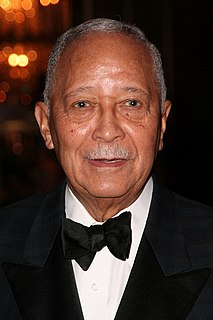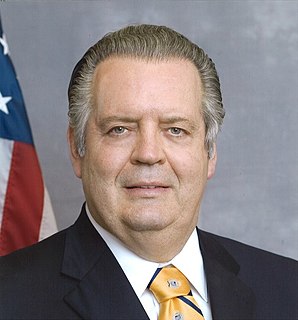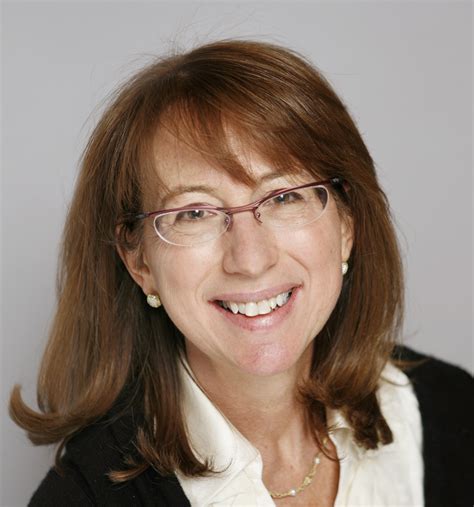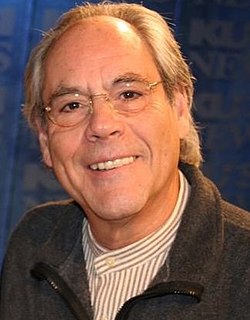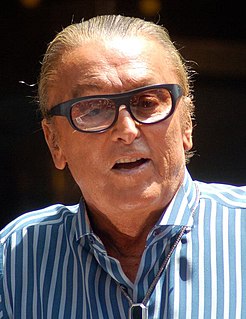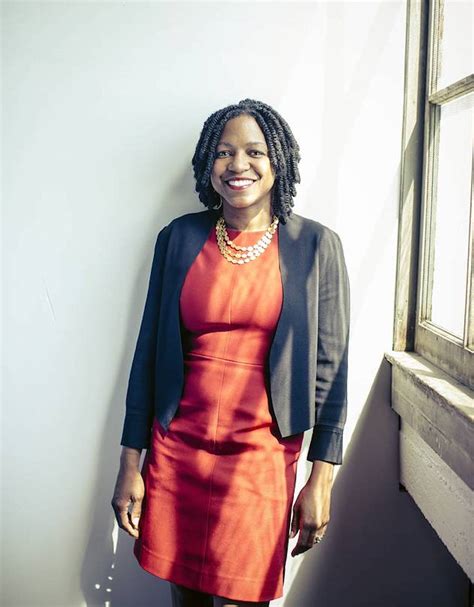A Quote by Robert Reich
Harvard, Yale, Princeton, and the rest of the Ivy League are worthy institutions, to be sure, but they're not known for educating large numbers of poor young people.
Related Quotes
I wanted to get out of Ashland, and I thought it would be pretty cool to go to school in the East. So I asked my guidance counselor what Ivy League schools were. And I applied to Harvard, Yale and Dartmouth - that was it. My guidance counselor told me I wouldn't get into an Ivy League school. So as my act of resistance, that's all I applied to.
Everyone praises Harvard 'for the students.' But what makes Harvard's students so great is that they are, in many ways, a cross-section of the larger world. They are normal people who happen to be excellent, and this sets them apart. People who go to Yale go because they want to attend Yale. People who go to Harvard go because they can.
It seems to me that large numbers of people are now paying attention to poverty and that large numbers now understand that blaming the poor and the insecure for being poor and insecure is as unseemly as is schoolyard bullying. In that realization lies hope for a reinvigorated discourse around poverty and inequity in modern-day America.
Back in Kansas City, I associated Harvard with sort of gnarly guys who wore capes for effect in a kind of Oscar Wilde scene. Even though I also knew there was such a thing as the Harvard-Yale game, I was still a little surprised that Harvard had a football team. I just assumed if there were such a thing as gay people, that they were nothing like us. Little did I know that probably half the swim team at Yale was gay.
I didn't know Penn was an Ivy League school - I didn't know what the Ivy League was. When I got in, they sent me the package, and the tuition was my mother's salary for a year. My mom said, 'We can't afford it.' So I went to the library and found several scholarships and grants and was able to cover 90 percent of my education that way.
The New York Times is filled with Ivy League graduates and so is the Washington Post. I mean, it's all the same club. They may be Ivy League educated, but they're not smart. Their minds are closed. They actually are mind-numbed robots. They have been programmed all their lives. They're not even thinkers. These are people who have been programmed to believe what they believe. They are committed believers, not thinkers.


